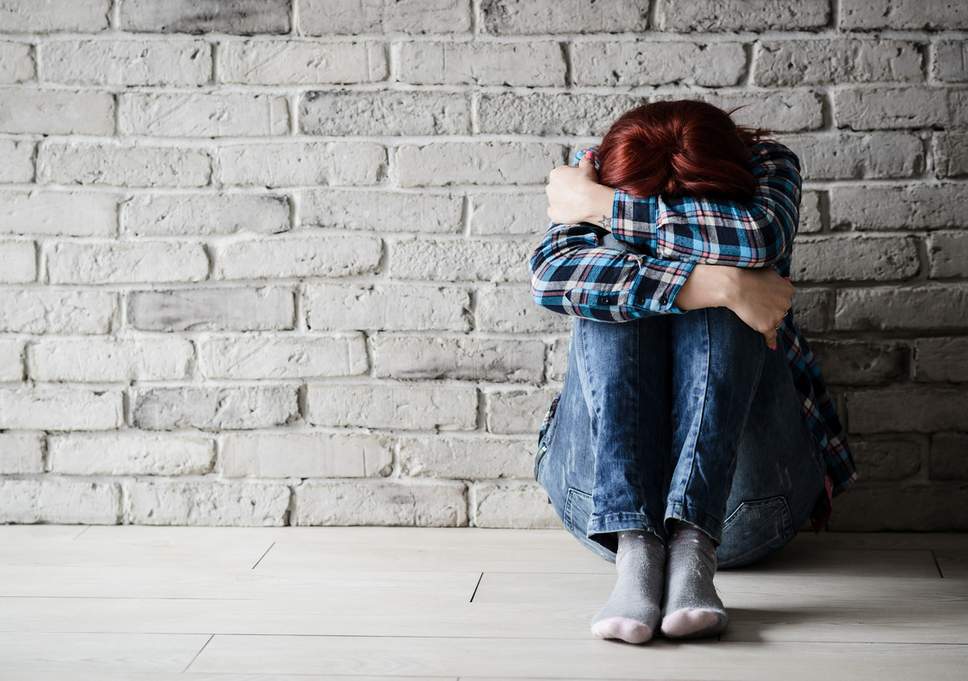
If you are reading this, you are probably wondering about the effects of too much sleep. Sure, having to set aside a significant amount of time every day to rest your body and mind is very important for ensuring long-term health, but too much of a good thing is always bad for you.
It becomes dangerous when you notice you sleep too much, and learn to create a balance in the time amounts you go to bed. This will create better sleep hygiene – not just in terms of going to sleep on a comfortable surface like helix mattress, but also in terms of your sleeping routines and times.But first, we need to know – when can you say you are having issues with too much sleep?
Knowing when it gets too much
We live in a world where we are constantly discouraged from sleeping, and more people are becoming stressed and suffering from illnesses because they fail to sleep enough. However, the opposite is also true.
In order to figure out the right amounts of sleep you should get, it is important to understand that it will vary between individuals. It actually depends on several factors, which are:
- Genetics – these have a major role in determining your circadian rhythm and internal sleep. This means that you will find some people who function perfectly on three to five hours of sleep, while others need seven to nine hours. However, the people who can function on very few sleep hours are rare, as it is a genetic mutation – so you should not benchmark your own sleep time on them.
- Age – as a general rule, you will not need as much sleep when you are an adult compared to a child. However, as you progress in age, you will revert back to requiring more sleep (adults over the age of 60).
- Levels of physical activity – the more active you are, the more sleep you require, to help you recover from exertion.
- Health problems – when you are sick, it is normal to feel sleepy. This is because the body instinctively shuts down more often to promote faster recovery.
- Changes in lifestyle – most of the time, changes in your life and increase of stress will impact your ability to sleep, regardless of whether the changes are negative or positive.
Why should I struggle with too much sleep?

Most of the causes for excessive sleepiness are temporary, and will usually go away on their own once you recover and get stronger. However, some of them are difficult to deal with, and require the help of a sleep specialist. There can be several causes of this problem. These include:
Hypersomnia
Just as insomnia is a medical condition describing the lack of sleep at night, hypersomnia is when you have excessive sleepiness in the daytime. Both of these conditions are signs of disorderly sleep patterns, although hypersomnia does not have a direct cause.
Note that this condition cannot go away when you take afternoon naps. It actually becomes worse when you sleep at night, because you end up sleeping too much. In the long term, it eventually leads to the development of anxiety, issues with your memory, and low energy.
Narcolepsy
This occurs when your brain is unable to control the waking and sleeping cycles. This leads to you falling asleep in the most random of situations during the day, such as when you are driving, due to excessive day sleepiness.
Obstructive sleep apnea
This is a disorder that affects the quality of your sleep by preventing you from breathing at certain moments. Because it disrupts the sleep cycle, you wake up feeling tired, irritable and sleepy during the day.
Depression
There is a very strong link between mental health issues and sleep. Depression in particular, makes a person have low energy levels and constantly tired, making them feel like they need to sleep more often.
Alcohol
Alcohol is a depressant, but it tricks your brain that you are going to sleep. However, its effects will fragment the natural sleep cycle, causing you to develop snoring or sleep apnea issues, as well as daytime sleepiness.
Medication
There are certain medications that make someone feel sleepy during the day, such as those that help you recover from the flu.
What are the associated health problems?
- Heart disease
According to the CDC (Center for Disease Control and prevention), heart disease is the number 1 killer in the United States, and too much sleep can increase your risk of getting it – especially if you are a woman.
- Being obese or overweight
Being overweight or obese is a struggle, and this spills over into your sleep patterns. It may be due to being less active generally, which leads to more weight and less calorie burning.
- Diabetes
The increase in blood sugar is also likely when you sleep too much. However, this may also be due to a sedentary lifestyle, rather than a direct connection between the sleep and the illness.
- Trouble in concentrating
You might not know it, but oversleeping actually ages your brain faster than you think – making it very hard to perform even the simplest of tasks. This may also be due to the frequency of waking up in the middle of the night, which means you are not setting sufficient sleep to restore your brain power.
- Depression

The strong link between depression and poor sleep patterns is highlighted again – the fact that you are sleeping too much creates chemical imbalances in your brain. This eventually worsens your depression, creating a vicious cycle.
- Increased pain
There is a greater effect of increasing pain when you sleep too much. You might have experienced it before yourself – you sleep too long, and wake up with a throbbing headache. The reason is not clear, but researchers seem to think it is due to the triggering of specific neurotransmitters in the brain when you sleep for too long.
Conclusion
Sleeping too little or too much is harmful to your health in the long term – so it is important to create a balance. This is through better sleep habits and routines, and talking to your doctor if it is due to medication you are taking.
Join the discussion on this topic with Young Leaders by visiting our contact page.

Leave a Reply